Each edition of the International History Festival aims to sweep through time, from the ancient to the modern era, on topics of great significance with a multidisciplinary approach. The Festival consists of an ever-increasing number of events to bring together the most authoritative voices animating the international research and historical-cultural debate. During the days of the Festival, there are debates, book presentations, performances, exhibitions, projections and accounts of witnesses.
Bringing history as a reason for dialogue and Gorizia as a meeting place to the centre stage: two visions that have found an opportunity to express themselves in a united and unique way through the International History Festival of Gorizia, born in 2005 under the name “La Storia in Testa”.
The Festival has grown over the years along with its mission: to bring the widest and most composite audience possible closer to the great themes of historiography. The exciting and unexpected results achieved over time are the outcome of a formula that combines the rigour and stature of historians, journalists, witnesses and international scholars with the dissemination ability, to fascinate and involve even non-experts, who have exceeded forty thousands attendances in the last editions.
Guests in recent years have included Alessandro Barbero, Paolo Mieli, Alberto Angela, Jared Diamond, David Quammen, Vittorio Sgarbi, Edward Luttwak, Margherita Hack, Marco Travaglio, Zygmunt Bauman, Gian Antonio Stella, Dario Fo, Claudio Magris, Emanuele Severino, Roberto Saviano, Piergiorgio Odifreddi, Corrado Augias, Giulio Giorello, Luciano Canfora, Uto Ughi, Nadia Toffa, Gilles Pecout, Antonio Padellaro, Nigel Newton, Igiaba Scego, Ágnes Heller, Paul Kennedy, Emilio Gentile, Ian Kershaw, Gianni Vattimo, Kevin Bales, Marc Augé, Sergio Romano, Ehud Toledano, Max Hastings, Colin Heywood, Tim Parkin, Andrea Giardina, Seymour Drescher, Anton Blok, Giorgio Cosmacini, Giovanni Filoramo, Hew Strachan, Tatiana Yankelevich, Richard Overy, Lucy Riall, Andrew Birkin, Michel De Jaeghere, Frank Dikötter, Grégoire Ahongbonon, Paco Ignacio Taibo II, Jean-Paul Bled, Frédéric Attal, John Patrick Hemingway, Franz Ludwig Schenk Graf von Stauffenberg, Paul Finkelman, Olivier Grenouilleau, Gerhard Hirschfeld, Marino Niola, Catherine Rommel, Vladimir Ilic Tolstoj, Salvatore Bono, David James Smith, Richard Bosworth, David Abulafia, Massimo Popolizio, don Luigi Merola, Boris Pahor, Armando Torno, Antonio Pennacchi, Federico Rampini, Massimo Teodori, Ernesto Galli della Loggia, Michele Ciliberto, Brendan Simms, Tamin Ansary, Nicola Di Cosmo, Paul Freedman, Barry Strauss, Amina Sboui, Farian Sabahi, Demetrio Volcic, Furio Colombo, Ciro Vestita, Ely Karmon, Massimo Livi Bacci, Vito Mancuso, Moni Ovadia, Camillo Ruini, and many others.
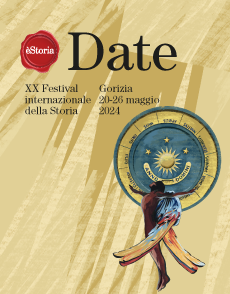

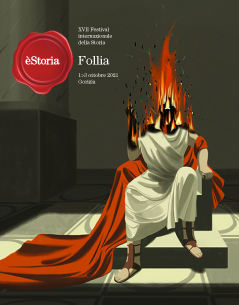
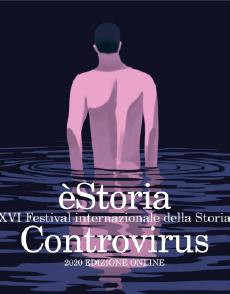
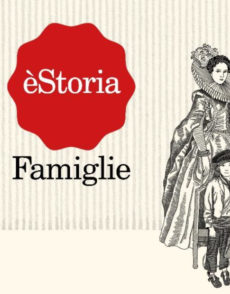
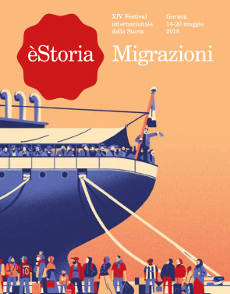
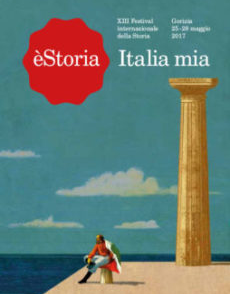

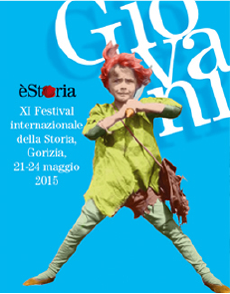
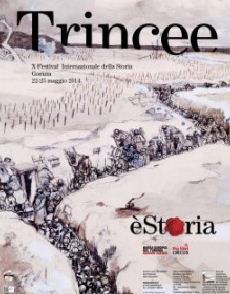
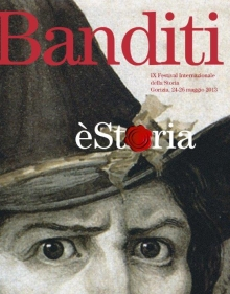

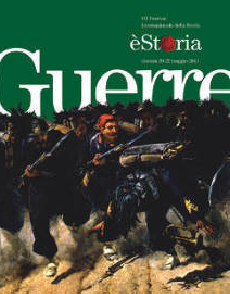
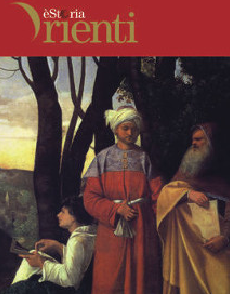
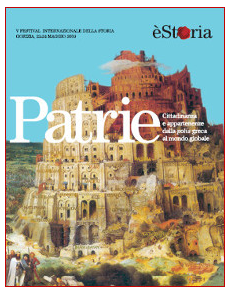
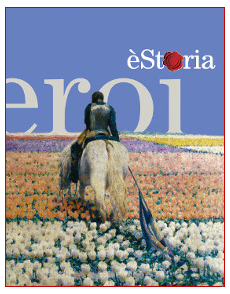
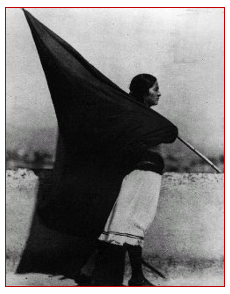
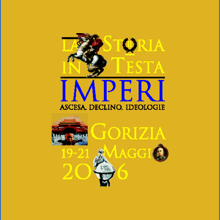
The existence of this Festival is one of the things that still gives me hope for the future of this country
èStoria is an antidote to the discredit that is being inflicted on the study of history. Long live the èStoria Festival!
I believe that this Festival is one of the best and most intelligent cultural event taking place in Italy. It has no ideological bias, it is very open, and it enjoys a very wide national and international participation
I was impressed by this mass of audience and the intensity of attention from those who listened to me. Thank you èStoria
It is a beautiful Festival and I, as a writer, am very happy to participate in an event so rich in audience attendance and so full of very interesting topics
The Festival is an opportunity to talk to those who, like me, are passionate about history, and thus also to find oneself a little at home
Strategical, international, very beautiful
It is a beautiful and courageous initiative. It is the best way, for those who deal with history, to tell it and tell themselves
Get a preview of all the news and the updates on the Festival, and all our exclusive content!
